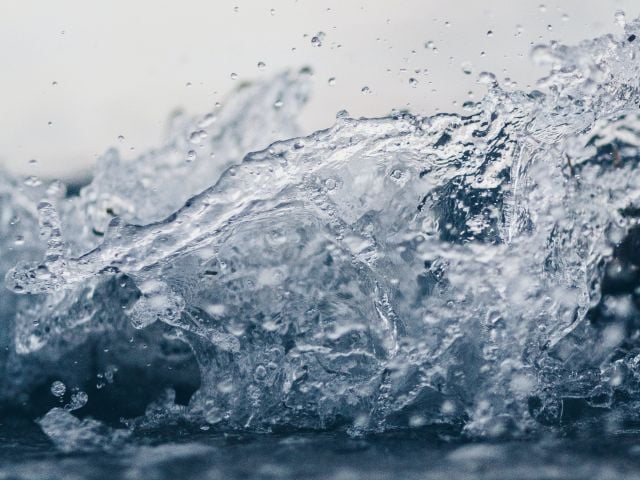Demystifying what’s in our food and water
Forever chemicals in our drinking water. Food additives in our favorite foods. Confusing labels on our meat and dairy products.
We know there’s a lot to consider when it comes to your food and water. Whether you’re trying to decode labels at the grocery store or understand the health effects of toxic chemicals in your drinking water – EWG is here to help.
Our Guide to Avoiding PFAS Chemicals and Guide to Food Additives are just two of the many resources we’ve developed to support you in making safer choices for you and your family. Our research spotlighting PFAS, lead and carcinogens in our drinking water offer you the latest information to take action and protect your family’s health. Our mission remains steadfast - to empower you with breakthrough research to make informed choices and live a healthy life in a healthy environment.
As consumers, we have the power to make a difference. Together, we can demand that our local, state and federal elected officials put pressure on the EPA, the FDA and other federal agencies to focus their attention and resources on studying these toxic chemicals and protect our health.








